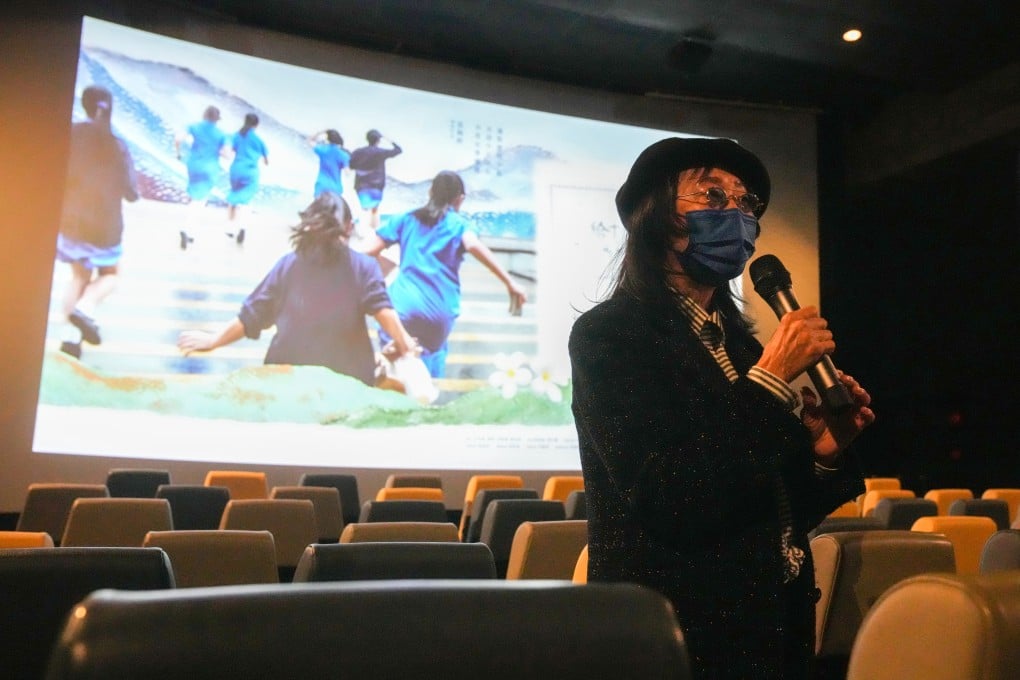Advertisement
Opinion | Controversy over Mabel Cheung documentary shows importance of consent in digital age
- Complaints by students featured in ‘To My Nineteen-year-old Self’ about their lack of input regarding the film’s production or release highlight a need to balance creative vision with integrity
- Ensuring everyone knows their rights and obligations is vital if filmmakers are to continue making worthwhile content
Reading Time:3 minutes
Why you can trust SCMP

Lately, Hong Kong has experienced a renaissance of domestic films. A Guilty Conscience, a legal drama starring Dayo Wong, amassed a record box office. The film du jour, however, must be To My Nineteen-year-old Self, directed by Mabel Cheung. The documentary takes the audience on a journey through the lives of a group of teenagers at Ying Wa Girls’ School.
The project was heralded with great fanfare, perhaps because the film was book-ended by some of the most memorable moments of the past decade: from the unshakeable imprint of mainland influence starting in early 2010 to the resurgence of local identity in late 2020, and from the unrest of 2015 and 2019 to the gradual return to calm.
It promised to be a fitting story for all Hong Kong people who lived through this volatility. Yet the film, which has been widely praised by critics, came unglued when the interviewees criticised the lack of consent to a public screening.
Advertisement
The public was quick to side with the interviewees. To dampen controversy, the film was removed from cinemas. Yet there is more to the story than meets the eye. The infighting between the film producers and the interviewees demonstrates the fragility of legal consent.
Putting aside some of the dubious sources of the film – the whole of Sarah Lee Wai Sze’s interview was ill-considered, no matter the post-hoc justification – the project was rocked by other allegations of unethical behaviour.
Advertisement
Cheung said consent was obtained at the beginning and in the later stages of production. The question is how many of these young interviewees understood the implication of their own or their parents’ signatures.
Advertisement
Select Voice
Select Speed
1.00x
